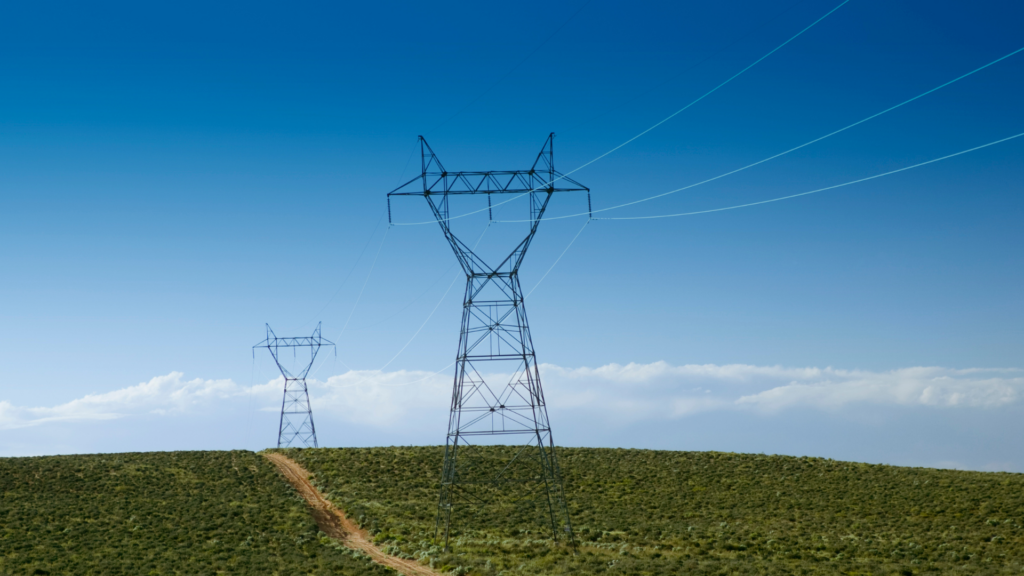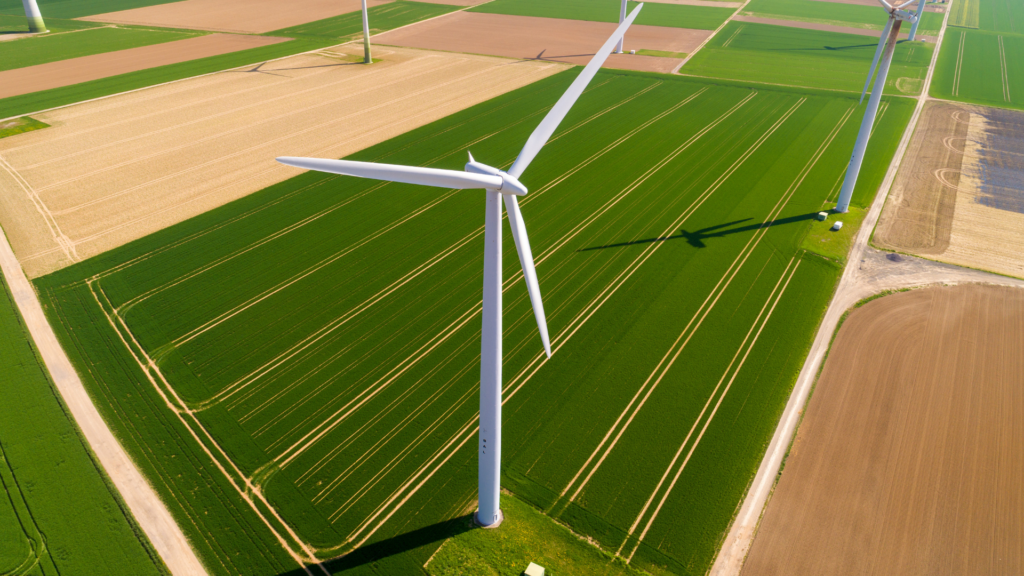02.06.2020 / News
Energy Storage and Transport: What’s the Connection?

Let’s start with the bad news: the transport sector is the only European sector in which greenhouse gas emissions have risen since 1990.
Now, the good news: it is possible to reduce these emissions. The European Union is focusing on accelerating decarbonisation of the transport sector, based on renewable energy sources, through Battery Electric Vehicles (BEVs) and Fuel Cell Electric Vehicles (FCEVs). Energy storage can greatly foster this effort. BEVs and FCEVs can both have a role to play – the first, for example, in some automotive sectors, and the second, for instance, in heavy duty transport. But what is the connection between energy storage and transport?
The basics: Europe’s energy system has an increasing share of variable renewables.
Energy storage technologies allow us to store excess renewable energy and discharge it when there is too little electricity generation or too much demand. And in the future, with millions of vehicles connected to the grid to recharge, there will be plenty of added demand. If all electric vehicle owners charge when they arrive home in the evening, there will be very high peaks compared to situations without electric vehicles. In these situations, energy storage systems connected to e.g. the charging points, will discharge the energy previously stored, such as when there is an excess of sun or wind power.
But there are also other ways to reduce costs and stress on the energy system, e.g. vehicle-to-grid integration. Electric vehicle batteries can actively work as storage systems: they can, of course, store surplus electricity to be fed back when necessary; but also provide services to the grid, participating in the electricity market.
Another consideration: the electric vehicle market will grow exponentially in the coming years – worldwide, we are talking about 100-200 million vehicles by 2030 according to the International Energy Agency. Battery costs are going down and consumers are more and more willing to switch from fossil fuels to new forms of mobility. Therefore, there will be a proliferation of used electric vehicles’ batteries. So, how can we ensure their environmental sustainability?
Of course, on many occasions the vehicles’ batteries can be recycled – they often have rare materials and this might make it economically viable. But there is another possibility: to repurpose the battery for another use, giving it a “second-life”. Old electric vehicle batteries maintain 70-80% of their initial capacity: they could be repurposed for energy storage applications in a wide array of contexts. This is great for consumers, who can reclaim a part of the initial investment in the electric vehicles’ battery. It is also great for storage developers, who can access batteries at lower prices.
To sum up: Energy storage brings benefits to the system, to the consumers, to the grid, to the environment.
It is a key element in decarbonising the transport sector; and it reduces costs for many of the actors across the energy value chain. So what’s preventing all of these solutions from becoming mainstream?
It is a combination of factors. Current fiscal rules and energy taxes don’t help. Charging standards and protocols are lacking. Second-life batteries face regulatory barriers. These are only a few examples. EASE believes the EU regulatory framework should be revised to allow commercial business models to thrive, and we see that more and more policymakers agree with EASE’s position.
Of course, one could say that, especially in the context of the COVID-19 pandemic, these are not priorities for Europe. But we believe that ambitious energy transition efforts must be central to the COVID-19 recovery. Yes, the electric vehicle market is still a niche one. But who wants to bet that things are a-changing?




